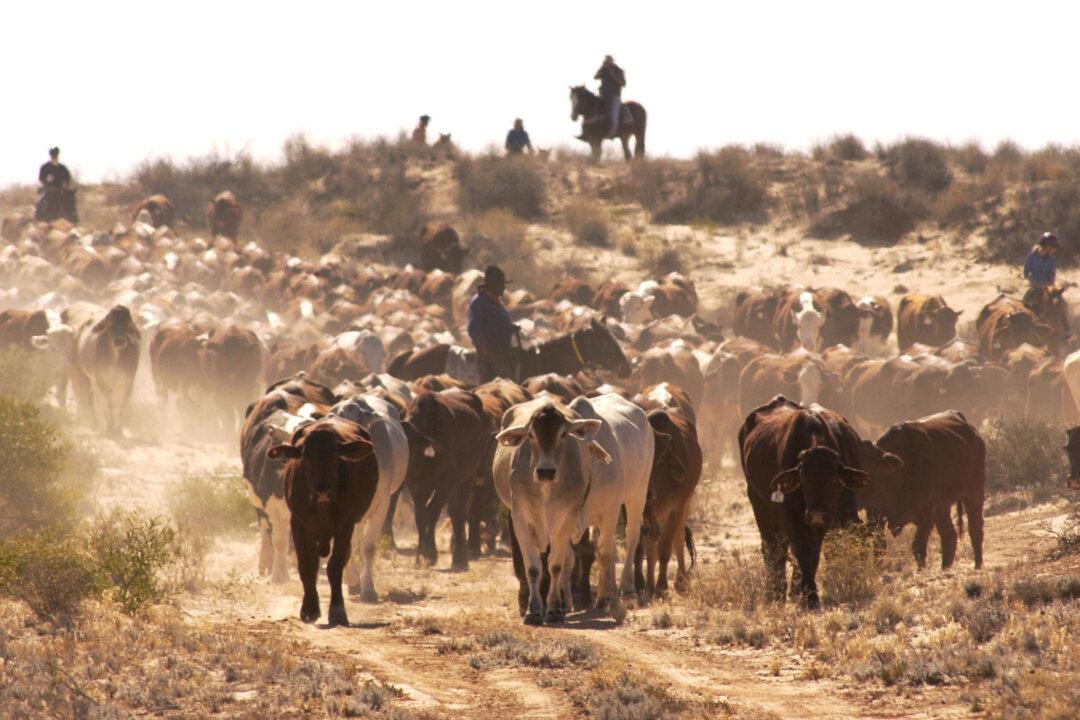Australia and the United Kingdom have finalised a trade agreement that will remove nearly all tariffs on Australian goods to the country.
Dan Tehan, Australian trade minister, and Vicki Treadell, UK high commissioner, formally signed the deal in Adelaide on Dec. 17, after an initial in-principle agreement was inked in June.





